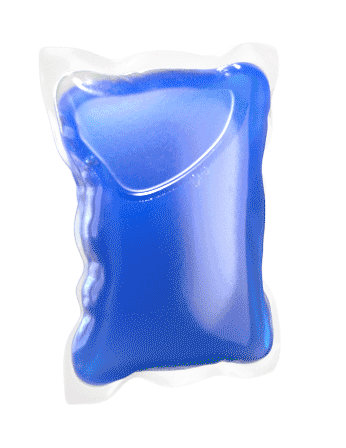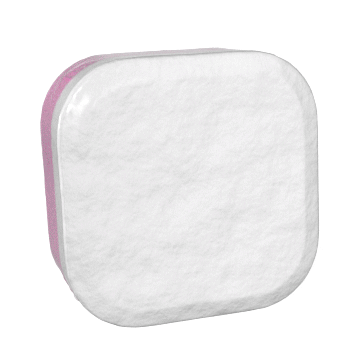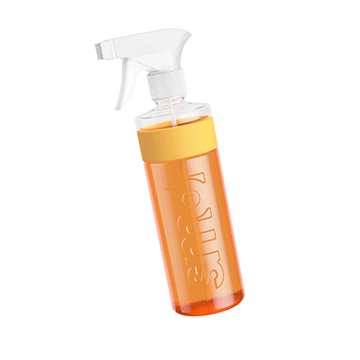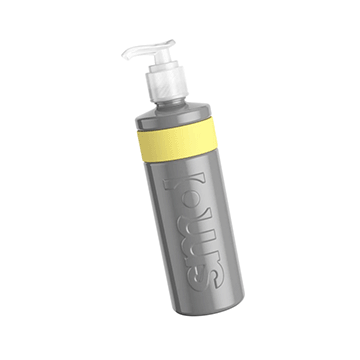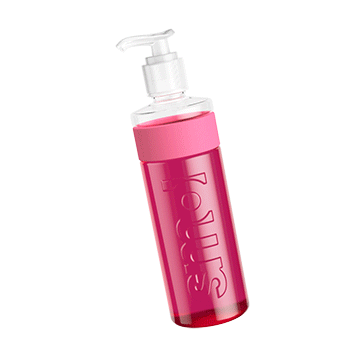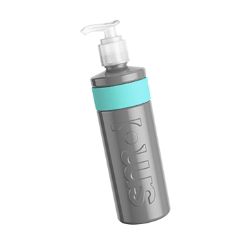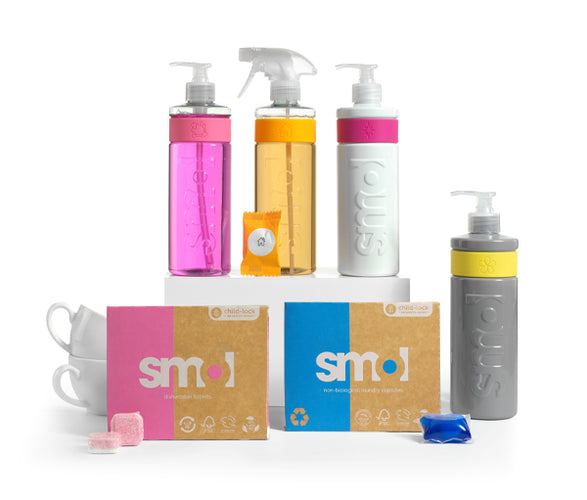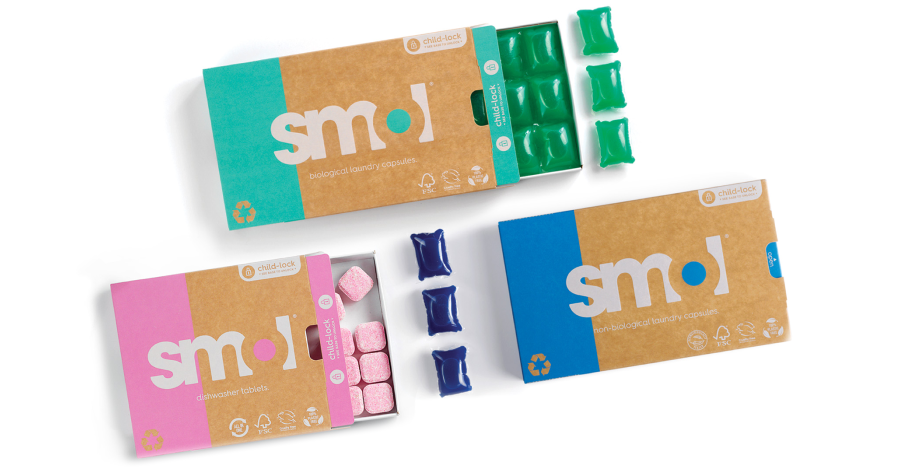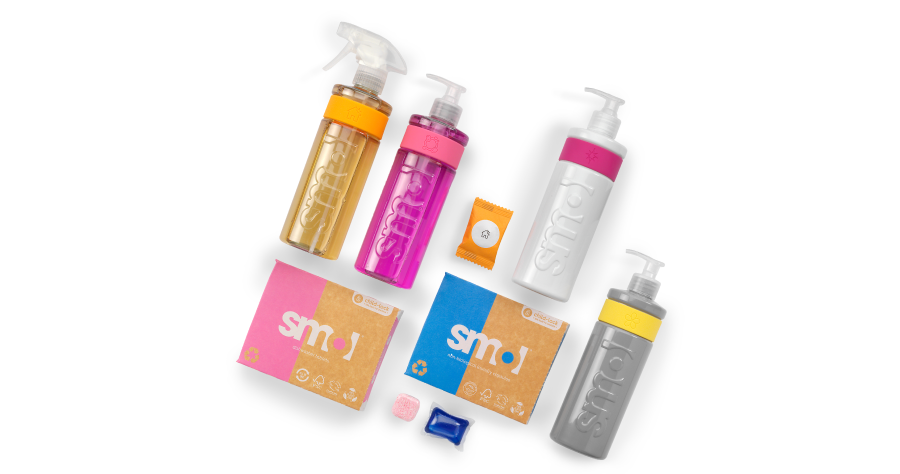Careful what you wash for...
Our #washwell campaign is all about making laundry greener for the sake of the planet and your pocket. But who knew that the very type of clothing we wash plays a large part in how we are polluting the water system?
We wanted to learn more so reached out to our friends over at ethical activewear brand Asquith London for their low down on all things microfibre; what are they, can we avoid them, what fabrics can I safely wash, and how…?
Their responses were enlightening so we wanted to share them here.
What are Microfibres?
Microfibres are tiny bits of our clothes - we’re talking finer than a human hair. They’re so small they shed into the air as we walk and we don’t even notice. They also drain out of our washing machines and bypass water treatment facilities when we do our laundry.
On average, washing a synthetic item releases 1,174 milligrams of microfibres. 40% of these can enter into rivers, lakes, and oceans*.
The microfibres we need to worry about are microplastics.
These are microfibres shed from synthetic clothing such as polyester. Microplastics don’t biodegrade, breaking down only to release toxic chemicals such as bisphenol-A. These tiny fibres make their way into oceans and freshwaters, absorbing other harmful chemicals along the way.
They are eaten by and accumulate in the bodies of fish and other animals, causing damage and making their way right up the food chain to humans. Time is yet to tell what impact consuming these affected animals could have on us.
Are Natural Fibres Better for the Environment?
Natural fibres are those that come from natural sources: plants or animals. Plant fibres include cotton, linen and bamboo; animal fibres are the likes of wool and silk.
Natural microfibres certainly have a lower environmental impact than synthetic microfibres. However, natural fibres aren’t all equal in their planet-friendliness. For example, non-organic cotton accounts for 16% of insecticide-use globally – which is more than any other crop**.
So How can we Know if our Clothing is Sustainable?
Creating sustainable sportswear is a tough nut to crack as by its nature it requires regular washing and is often exclusively synthetic fibre based.
So, it’s important to choose carefully. Asquith fabrics are made from natural fibres including bamboo which is a fast-growing plant requiring little water and needing no synthetic fertiliser or pesticide. Combining bamboo, organic cotton and a small amount of elastane produces a fabric with many great textile properties in the lowest-impact way possible.
The many benefits of these natural, breathable fabrics mean they are chemical free, durable (colours are fade-resistant), responsibly made, sustainable PLUS they are breathable and sweat-wicking which helps regulate body temperature (reducing the need for excessive washing).
How can we Care most Sustainably for Natural Fabrics?
In terms of eco-friendliness in the laundry room, the key piece of advice is generally to wash less.
In addition, each natural fabric has its own laundry requirements. Generally, natural fibres don’t like hot washing temperatures and need gentle laundry products, such as smol’s non-bio detergent. Be sure to check your garment’s fabric care label and follow it to the letter!
At Asquith, our 3 key take-outs would be:
Maximise clothing life. Having a mindful relationship with your wardrobe is one of the kindest things you can do for the environment. That means choosing durable clothes and caring for them well. To ensure the longest life for our own bamboo and Bambor® clothing for example we recommend:
- Keep it cool! Wash at 30°C and cool iron (or don’t iron!).
- Don’t tumble dry, bleach, or dry clean.
- Turn inside-out to wash.
- Wash deep colours separately.
- Avoid fabric conditioners.
- Use a gentle detergent, such as smol non-bio capsules.
Minimise Microfibre Shedding. Even sustainable fabric blends often contain some synthetic fibres, such as elastane for stretch. Use a Guppy bag to minimise the escape of any microplastics into the waterways.
Consider the Environmental Impact of your Detergent. Like Asquith, smol’s packaging is proudly plastic-free. smol laundry capsules are vegan and cruelty free and contain fewer chemicals than other leading laundry brands so we recommend them to all our customers.
Three smol ways to make a big difference.
Do you #washwell? Let us know your own top tips for approaching laundry the eco-friendly way on social @smolproducts @AsquithLondon! and if you fancy some sustainable sportswear of your own... Asquith are offering smol customers a 20% discount off all non-sale items using the code SMOL20.
*https://brenmicroplastics.weebly.com/project-findings.html
**https://www.pan-uk.org/cotton/
